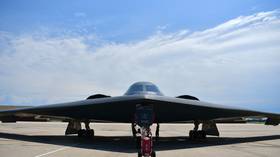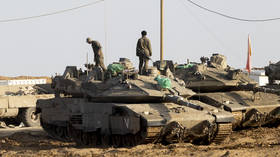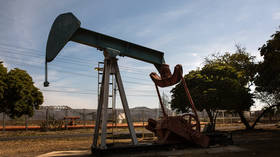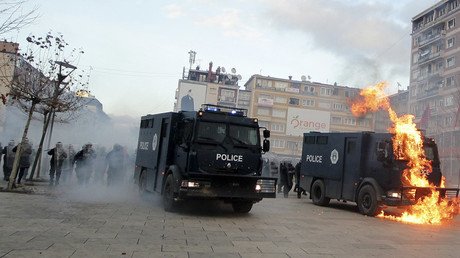‘On wave of migration’: Kosovo PM admits his brother, other relatives sought asylum in EU
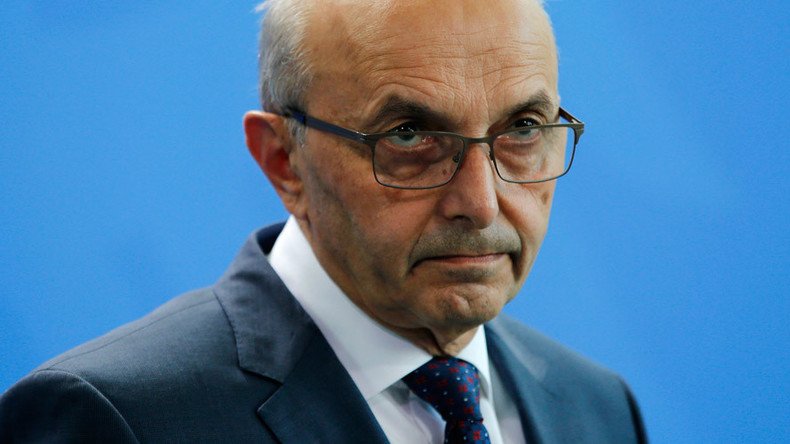
Kosovo’s prime minister concedes his brother joined the wave of asylum seekers in the EU in 2015. Contrary to the expectations of 1.8 million Kosovars, the Serbian province remains one of the poorest entities in Europe.
PM Isa Mustafa said on Facebook that his brother Ragip and his children had tried to escape a doubtful future in Kosovo, which declared unilateral independence in 2008, and joined other Kosovars that infiltrated Europe through the so-called Balkan corridor. It was earlier reported by the Pristina-based Insajderi media outlet.
“I read that my brother was an asylum seeker to get medical help. This is true,” Mustafa’s Facebook page entry read.
According to Insajderi, Mustafa’s brother with the family managed to get into the EU via Serbia and Hungary before Budapest ordered the border with Serbia be sealed. Initially attempting to apply for asylum in France, Ragip Mustafa made another application in Germany in June 2015, Insajderi reported.
“On the wave of migration, I want to be open with you. My nieces and nephews also went, but they are back now. This shows that my family members also face the same destiny as other citizens,” the PM wrote, adding that his brother underwent surgery for an undisclosed condition in the Albanian capital, Tirana, in late 2015 and that “Now he is back in Pristina and his condition continues to be very grave.”
Although European nations offered asylum primarily to citizens of the war-torn Syria and Iraq, people from other nations that do not live under conditions of war, yet suffer from never-ending unrest and poverty, saw their chance to make a better life in the well-positioned European Union.
Protesters set Kosovo govt HQ on fire over deal with Serbia https://t.co/5iWitYD2bvpic.twitter.com/JdEnBbH5Bg
— RT (@RT_com) January 9, 2016
For Kosovo, 2015 became the worst year since the conflict between Belgrade and Pristina in 1998-1999, marked by an unprecedented exodus of citizens heading for the EU member states.
Some 70,000 Kosovars were among an estimated 1 million refugees that flooded Europe through the Balkan corridor in 2015, according to Reuters. They were escaping the unemployment and poverty of their homeland, where politicians are not only suspected of corruption, but also have a reputation for inflexibility in their dealings with each other.
Kosovo opposition uses tear gas in parliament to protest deals with Serbia, Montenegro https://t.co/Ed8HV001BPpic.twitter.com/2ZM2FwuYEG
— RT (@RT_com) December 15, 2015
A considerable part of the of the original Kosovo population, some 800,000 ethnic Albanians, has already migrated to live in Western Europe, primarily to Germany and Switzerland, after guerilla warfare emerged in the region in late 1990s. Lately, the flow of migrants has been drying up after the German and Swiss authorities began to send Kosovars back home, finding them ineligible for refugee status.
Isa Mustafa maintains he has been committed to creating jobs and attracting investment to Kosovo, as well as easing EU visa requirements for Kosovars and improving available medical treatment which leaves much to be desired.





